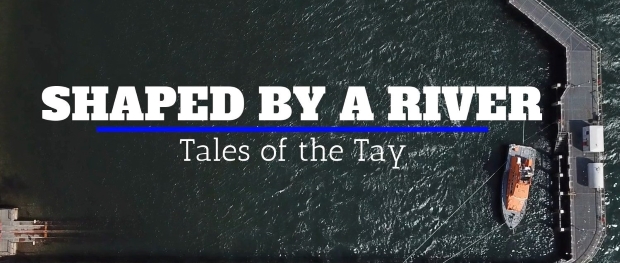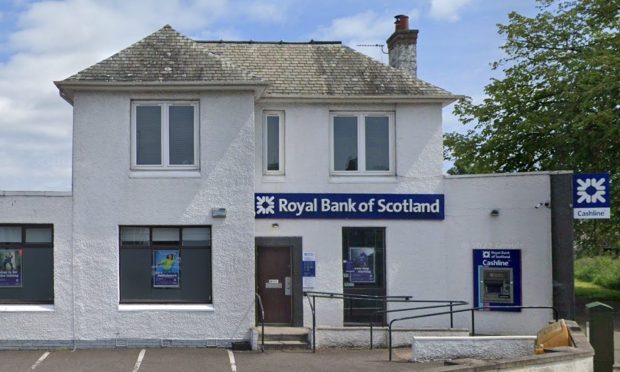A leading Scots lawyer has said he intends to campaign for the pardon of Captain William Kidd, the Dundee-born privateer hanged for piracy.
Mike Dailly of Govan Law Centre in Glasgow said Kidd, who was hanged in London in 1701, was betrayed by the government he served as a privateer.
Mr Dailly, originally from Dundee, said: “It is a great story yet to be properly told.
“He was really a remarkable Dundonian, who was brought up by the Masters and Seaman’s Association in Dundee after his father was lost at sea.
“His case was one of the biggest miscarriages of justices in the UK.
“It was fine to be a privateer against the French but when the politics turned they made him the fall guy.”
Mr Dailly said the “myth” of Kidd’s piracy had been the 17th century equivalent of today’s “fake news”.
During the 16th and 17th centuries privateers were privately-owned warships that had government permission to tackle enemy vessels.
The privateer would then share any plunder with their government employer.
Captain Kidd is thought to have been born in Dundee in 1645 and became a sailor although some claim Greenock as his birthplace.
Follow our special series at www.thecourier.co.uk/tay
He emigrated to New York in the 1680s and became a successful privateer during the war between England and France in the 1690s, when he successfully defended English and American trade routes with the West Indies.
Captain Kidd captured the Quedagh Merchant in January 1698 while on a mission to tackle pirates and seize vessels belonging to enemies of England.
But the capture of the ship led to Kidd being accused of piracy himself and hunted by the authorities.
Along with the ship, the Dundonian got his hands on gold, silver and silk in her hold, worth about £12 million in today’s money.
Kidd was forced to abandon the vessel in the Caribbean, and travelled up the east coast of America, arguing he was not a pirate and, allegedly burying his loot along the way.
In addition to piracy charges, Kidd was accused of murdering one of his crew by hitting him on the head with a bucket after threats of a mutiny in 1697.
In 1699, Kidd decided to give himself up to the authorities and try to clear his reputation of being a pirate and scuttled the Adventure Prize in the Caribbean.
He was shipped to London but after a lengthy trial he was found guilty of being a pirate and of the premeditated murder of his crew man.
His body was then gibbeted above the Thames for three years as a warning to other pirates.
Ten years ago SNP MSP Bill Kidd, who is unrelated to the privateer, lodged a motion calling for Captain Kidd to be pardoned and there are now fresh moves to clear his name.
Mr Dailly has been working with Scottish journalist Noel Young, who now lives in Boston, about finding a way to clear Captain Kidd’s name at last.
He said this may involve taking his case to the Criminal Cases Review Commission or seeking a royal pardon.











